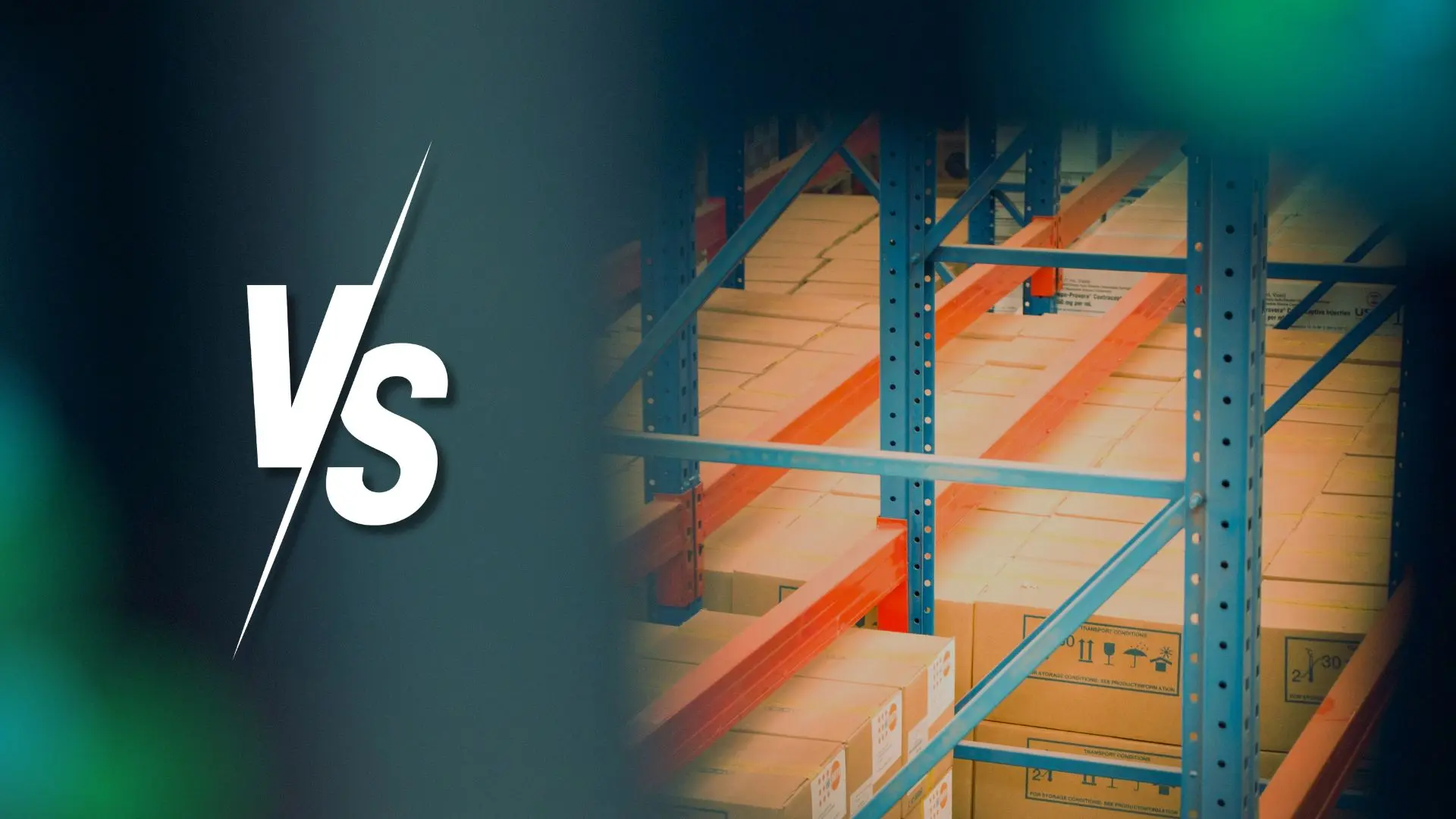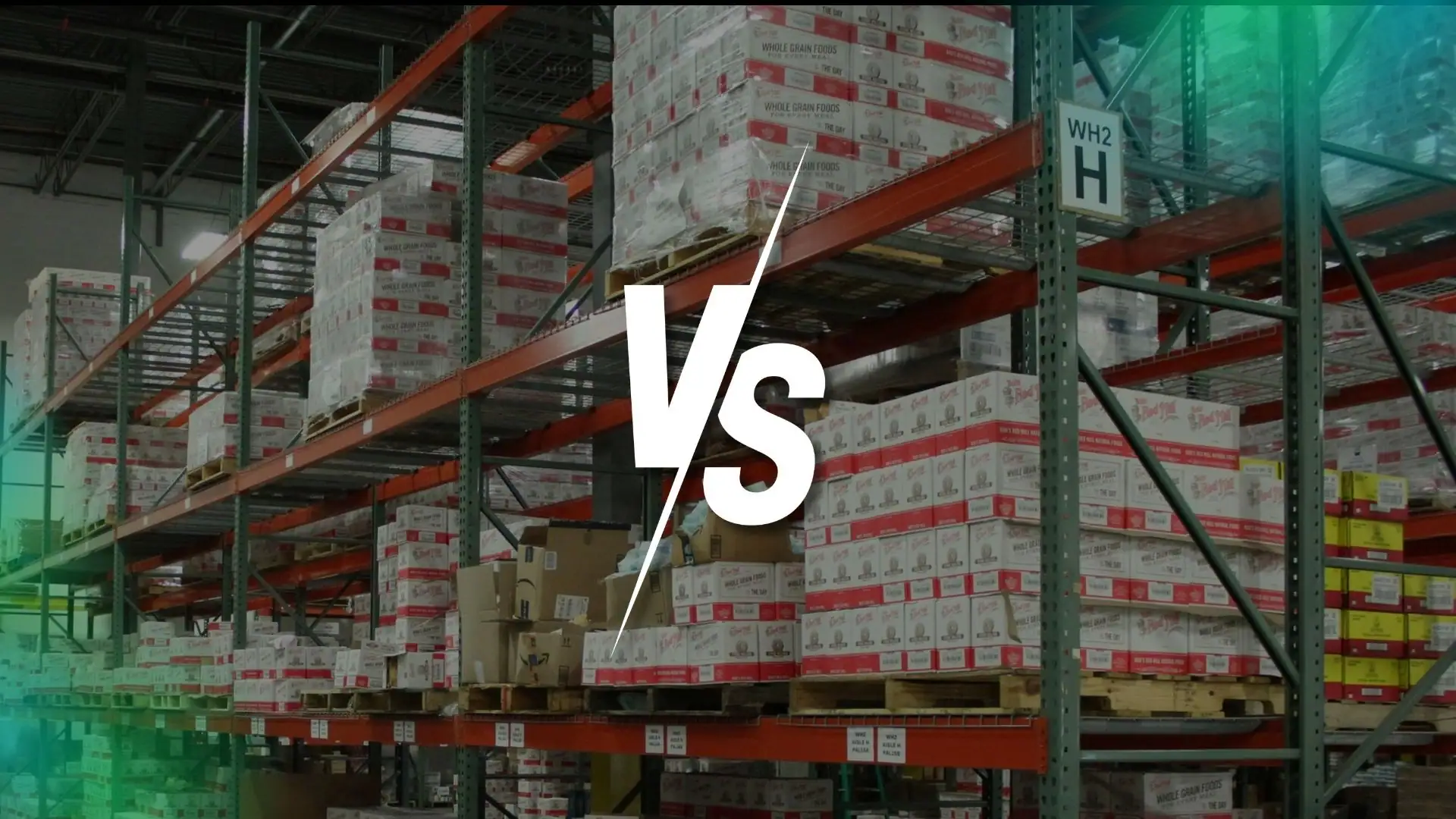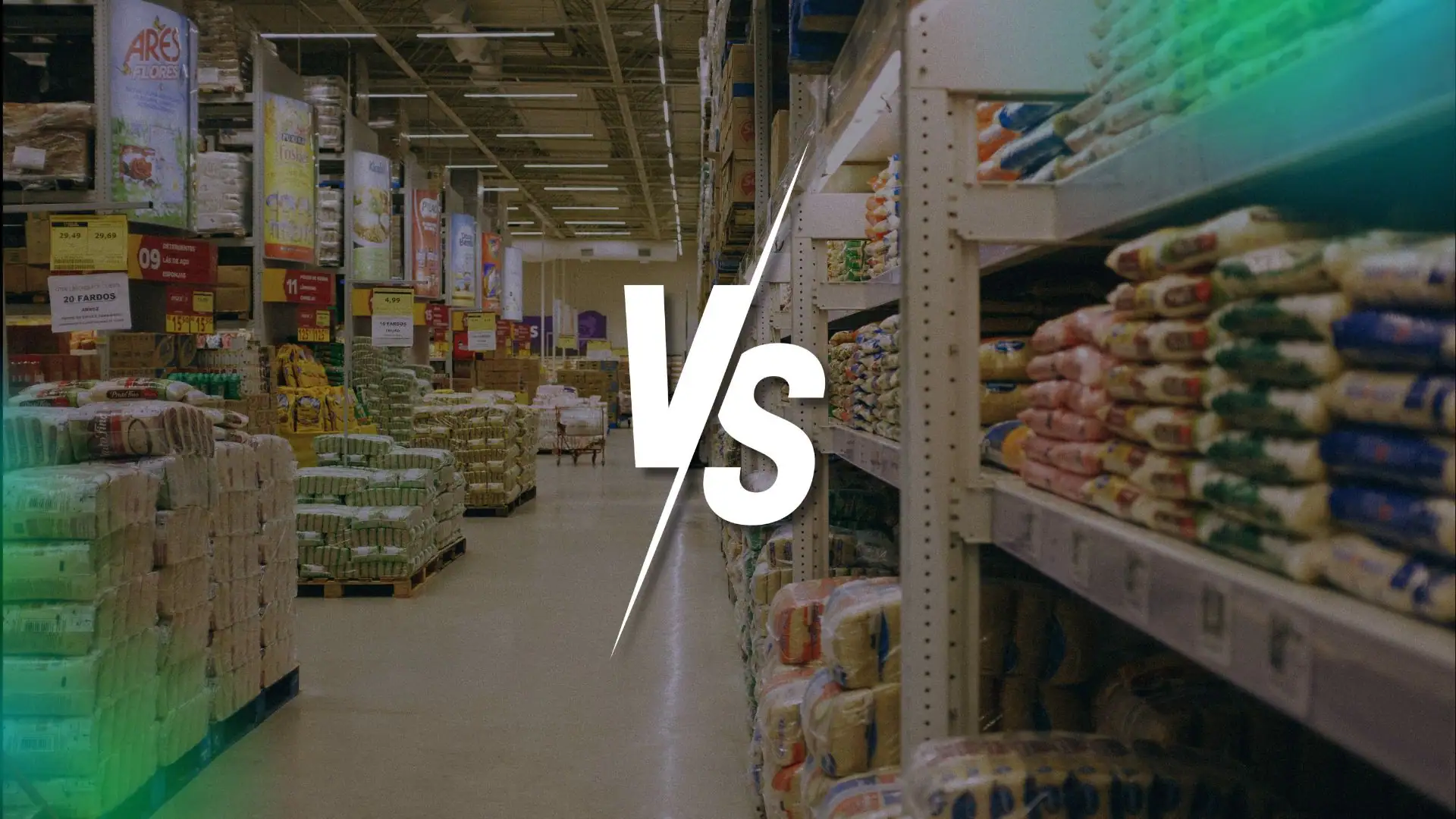.svg)
Top Industrial Manufacturing Supply Chain Software in 2026

[updated 2026]
Manufacturers operate at the intersection of demand uncertainty, raw material availability and production constraints. To remain competitive, they increasingly rely on planning solutions and industrial manufacturing supply chain softwares that not only forecast demand accurately, but also optimize inventory across multiple echelons, plan production and align suppliers and customers in real time.
This article compares five of the best tools for managing supply chain in manufacturing and explain why Flowlity’s AI-native approach stands out as a modern alternative within today’s supply chain management in manufacturing industry.
ToolsGroup
ToolsGroup is a specialist in supply chain planning and optimisation, providing a manufacturing supply chain management tool. Its platform combines statistical algorithms and machine learning to improve forecast accuracy by 15–25% and reduce inventory by 20–30%. Core modules include:
- Demand planning
- Inventory optimisation
- Supply planning
- Sales & Operations Planning (S&OP)
- a control tower
- Simulation and scenario analysis
ToolsGroup integrates with most ERP systems and external data sources, providing real-time monitoring and collaborative S&OP. However, its broad scope and enterprise-grade architecture often lead to extended deployments, significant consulting needs and higher total cost of ownership — challenging for mid-sized manufacturers seeking more agile manufacturing supply chain management solutions.
Logility
Logility offers a digital platform that uses artificial intelligence to support integrated business planning, demand forecasting and multi-echelon inventory optimization. Used across the supply chain management in manufacturing industry, DemandAI+ module senses real-time demand while InventoryAI+ synchronizes inventory goals across the network. Logility also includes supply and manufacturing planning and allows planners to run scenario analyses to balance cost, service and capacity.
However, while powerful, Logility typically requires specialized consultants for implementation and maintenance, making it more suitable for large manufacturing groups than companies seeking lighter, faster-to-deploy manufacturing supply chain management software.
Blue Yonder Luminate
Blue Yonder (formerly JDA) offers the cloud-based Luminate platform, which uses machine learning to predict and resolve disruptions in the supply chain. Luminate provides real-time visibility, predictive scenario planning and modules such as:
- Demand planning
- Inventory optimisation
- Network design
- Production planning
- Short-term S&OE
Its predictive capabilities help anticipate supply chain disruptions.
Blue Yonder is widely used in global environments but its implementation is often perceived as complex and resource-intensive. Some customers also report that the system occasionally experiences backend failures and that support can be slow. As a result, the platform suits large enterprises with dedicated IT teams rather than mid-sized teams evaluating more flexible industrial manufacturing supply chain software.
Relex
Relex Solutions offers a unified planning platform that has leveraged machine learning since 2005. For manufacturers, Relex provides end-to-end visibility and breaks down data silos between sales, production and supply, enabling realistic, adaptable plans. The platform aims to align operations with demand to maximize sales, reduce costs and minimize waste. While Relex has a strong track record with retailers, manufacturers with complex bill-of-materials (BOMs) structures or production constraints should validate whether the platform fully supports advanced manufacturing supply chain management requirements.
Flowlity
Flowlity is an AI-driven planning solution specifically designed to simplify demand forecasting, inventory optimization and supply planning.
Thanks to probabilistic models, Flowlity provides:
- SKU-level inventory optimisation & dynamic safety stocks based on based on demand variability, lead times and supplier reliability
- An intuitive interface and collaborative planning spaces that encourage collaboration between manufacturers, suppliers and customers, improving alignment across the value chain.
- Fast deployment and intuitive workflows
Manufacturers using the solution report significant improvements. Flowlity customer results include:
- Lemoine: achieved +5 points in service level and optimized inventory
- Magotteaux: reduced stock value by 13 %, stock coverage by 22 % and stockouts by 8 %
These outcomes illustrate how AI-native manufacturing supply chain management software can deliver measurable performance improvements without the complexity of traditional APS tools. Users also appreciate that Flowlity continually introduces new forecasting models and helps teams make better decisions and coordinate with suppliers.
Flowlity vs Enterprise Suites
Enterprise suites like ToolsGroup, Logility and Blue Yonder provide extensive functionality but often come with high licensing fees, complex integrations and long implementation timelines. Many mid-sized manufacturers find it challenging to realize value quickly from these platforms.
Enterprise platforms such as ToolsGroup, Logility and Blue Yonder offer extensive capabilities but often come with:
- Heavy implementation projects: complex integrations and long implementation timelines
- Significant IT dependencies
- High licensing/consulting fees
For many mid-sized manufacturers, it is challenging to realize value quickly from these platforms.
In contrast, Flowlity focuses on the core activities that matter most to planners — forecasting demand, optimizing inventory and aligning supply with demand—while remaining easy to implement and use — making it one of the best tools for managing supply chain in manufacturing for companies needing agility, fast ROI and straightforward usage.
Its AI models deliver high forecast accuracy without requiring large data science teams, and its collaborative features bridge the gap between manufacturers, suppliers and customers, ensuring that all parties operate on the same planning baseline
All in all, Flowlity offers a more accessible alternative to traditional enterprise software, while still delivering the accuracy and visibility required across the supply chain management in manufacturing industry.
Conclusion
Choosing the right industrial manufacturing supply chain software depends on company size, operational complexity, digital maturity and budget. ToolsGroup, Logility, Blue Yonder and Relex offer rich capabilities for large enterprises but may be overkill for smaller or mid-sized manufacturers.
Flowlity provides an agile, AI-powered alternative that delivers the essential benefits of AI-powered supply chain management software —high forecast accuracy, reduced inventory and improved collaboration— without the burden of monolithic systems. Its proven customer results and focus on collaboration make Flowlity a smart choice for manufacturers seeking to improve service levels, optimized inventory and streamline planning processes.
Sources
- ToolsGroup’s modules and improvements in forecast accuracy and inventory reduction.
- Logility’s AI-driven DemandAI+, InventoryAI+ and scenario analysis.
- Blue Yonder Luminate’s real-time visibility, scenario planning and modules and reported system issues.
- Relex’s machine-learning-based platform and end-to-end visibility.
- Flowlity’s probabilistic forecasting, dynamic optimisation and collaborative features.
- Flowlity customer results: service level improvement and stock reductions and testimonials.
Level up your supply chain with AI
Get a demoFAQ
Find everything you need to know right here.
.svg)




